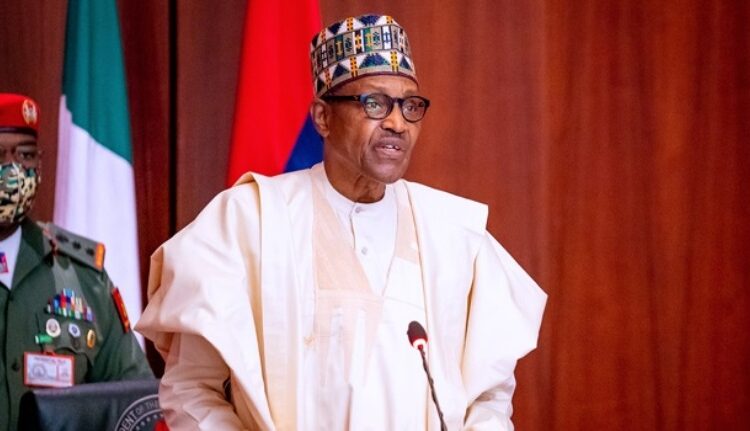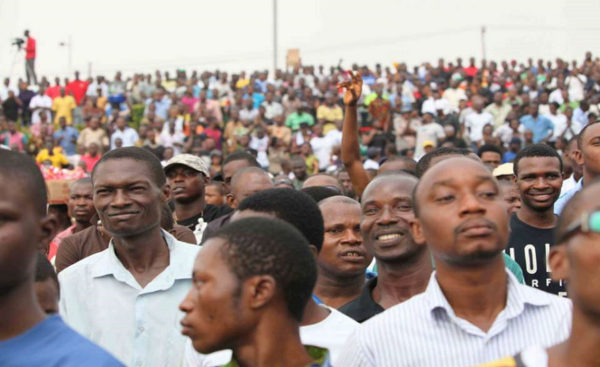President Muhammadu Buhari will on Friday , 23rd September 2022, launch Nigeria’s Integrated National Financing Framework (INFF) for Sustainable Development on the margins of the 77th session of the United Nations General Assembly (UNGA77) in New York.
Proposed within the broader Addis Ababa Action Agenda, the Integrated National Financing Framework (INFF) is a planning and delivery tool to finance sustainable development at the national level.
The INFF helps policymakers lay out a strategy to increase investments for sustainable development, manage financial and non-financial risks, and ultimately achieve sustainable development priorities.
While a country’s national development plan spells out what needs to be financed, the INFF shows how it will be financed and implemented.
For Nigeria, the INFF is also expected to help in the recovery from the effects of COVID-19 pandemic as well as help address lack of an integrated approach to financing SDGs, which has been a key challenge to meeting the financing requirement, estimated at $100 billon over the next 10 years.
The 2030 Agenda for Sustainable Development presents an ambitious, complex and interconnected vision that countries around the world have committed to working towards. Realizing this vision will require mobilization of a diverse range of public and private resources.
The INFF is a tool to help countries strengthen planning processes and overcome existing impediments to financing sustainable development at the national level.
It helps governments and their partners to build more integrated approaches to financing, that strengthen the alignment between public and private investments and longer-term sustainable development objectives and build greater coherency across the governance of public and private financing policies.
Nigeria committed to be a champion of INFF and officially kicked off the design process as an INFF pioneer country in 2020.
To steer the implementation process, Nigeria set up the INFF Steering Committee chaired by the Ministry of Finance, Budget and National Planning (MFBNP), represented by the Minister of State, Budget and National Planning, the Governor of the Central Bank of Nigeria, the Executive Chairman of the Federal Inland Revenue Service, the Chairman of the Nigeria Governors Forum, the Director General of the Budget Office of the Federation, the Director General of the Debt Management Office, and the Statistician-General of the National Bureau of Statistics.
Others are: the Senior Special Assistant to the President on SDGs, the UN Resident Coordinator, Resident Representative of the United Nations Development Programme, the Head of Development Cooperation of the European Union mission, the Resident Representative of the International Monetary Fund, the Country Director for the World Bank, and the Co-Chair of the Private Sector Advisory Group.
Expected at the launch are some Heads of Governments, the Deputy Secretary General of the United Nations, Amina J. Mohammed and representatives from countries and international Organisations.













